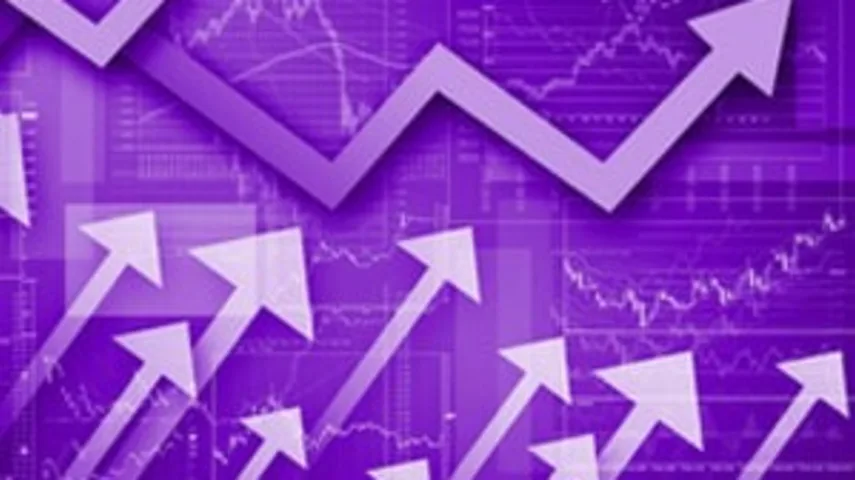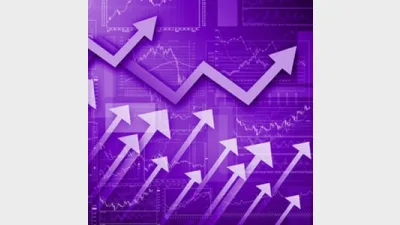Nervous investors encouraged to ‘drip-feed’



Drip-feeding savings into the share market could cushion wary investors from market volatility while increasing their yields over time, a wealth adviser believes.
With record-low bank deposit rates, investors are increasingly looking for higher returns but are often afraid of full market exposure, according to Chris Kennedy, head of the Wealth Advisory Focus Group for mid-tier accounting and advisory firm William Buck.
A slow and long-term investment strategy could reduce investors' contact with unnecessary risk, he said.
"Timing the market is also getting harder so a good approach for more cautious investors is to average into the market," according to Kennedy.
"Investors looking for solid yields are just not getting that from money sitting in banks at the moment," he said.
He said with interest rates expected to drop even further and a recovering residential property market, investment uncertainty has become a key trend for ‘mum and dad' investors in 2013.
"We've seen some emerging positive signs from the residential property market, but it's likely to be a slow recovery and provide returns over the long-term," he said.
By slowly drip-feeding money into the market, investors could ride out the market fluctuations, he added.
"This involves putting regular lump sums of money into the share market over a period, and this has the effect of averaging out the returns over that time period and beating any volatility. If you stay in the market for a number of years, over time you'll achieve good returns," he concluded.
Recommended for you
Perpetual has appointed a new CEO for affiliate J O Hambro Capital Management, as it tries to stem outflows and refresh the brand.
Outflows of US$1.4 billion from its US equity funds have contributed to GQG Partners reporting its highest monthly outflows for 2025 in August.
Domestic equity managers are lagging the ASX 200 in the first half of the year, according to S&P, with almost three-quarters of Australian equity funds underperforming over the six-month period.
ETFs saw almost $5 billion of inflows during August, with international equities gaining double those of fixed income funds, as total assets close in on $300 billion.













